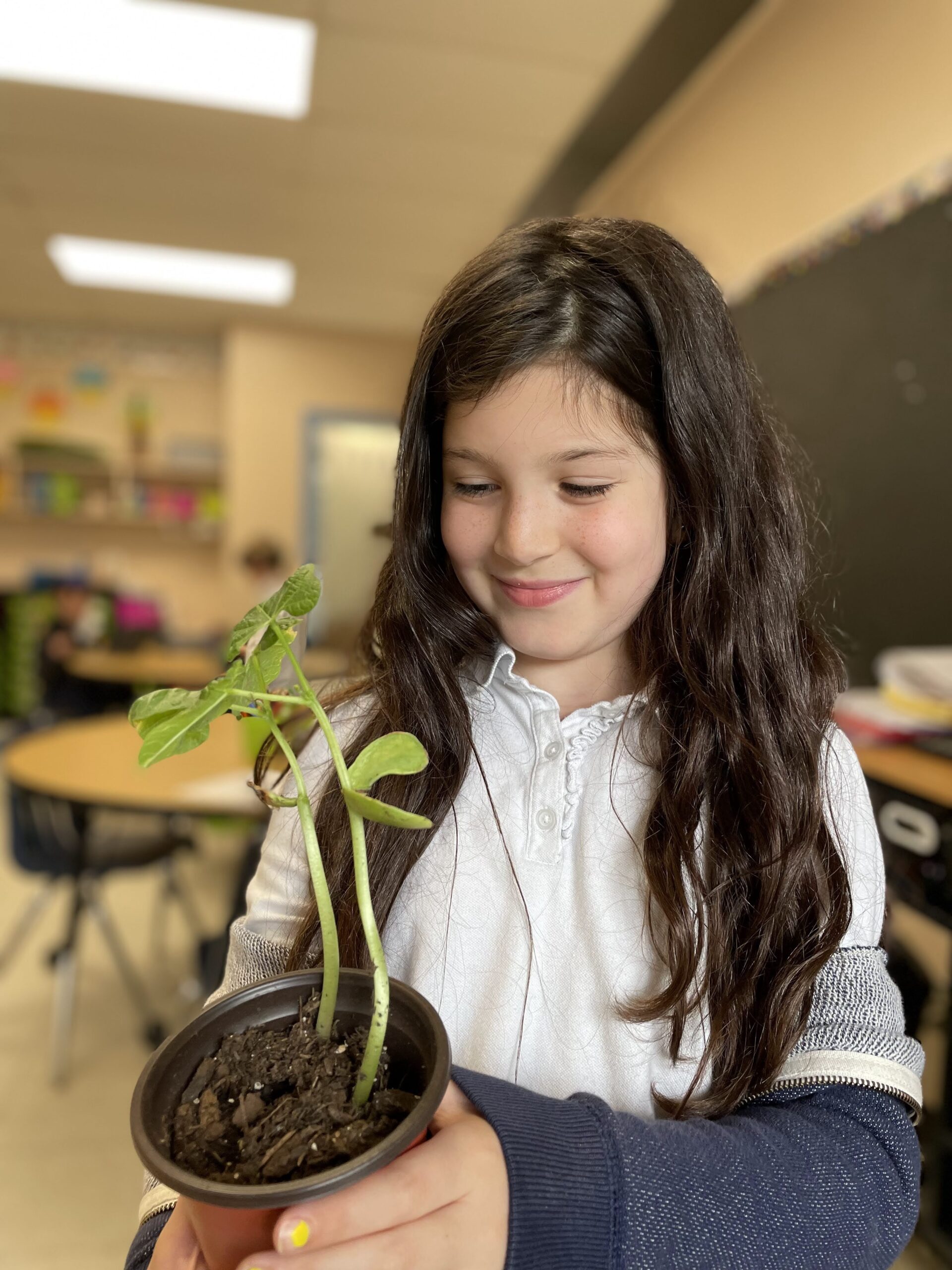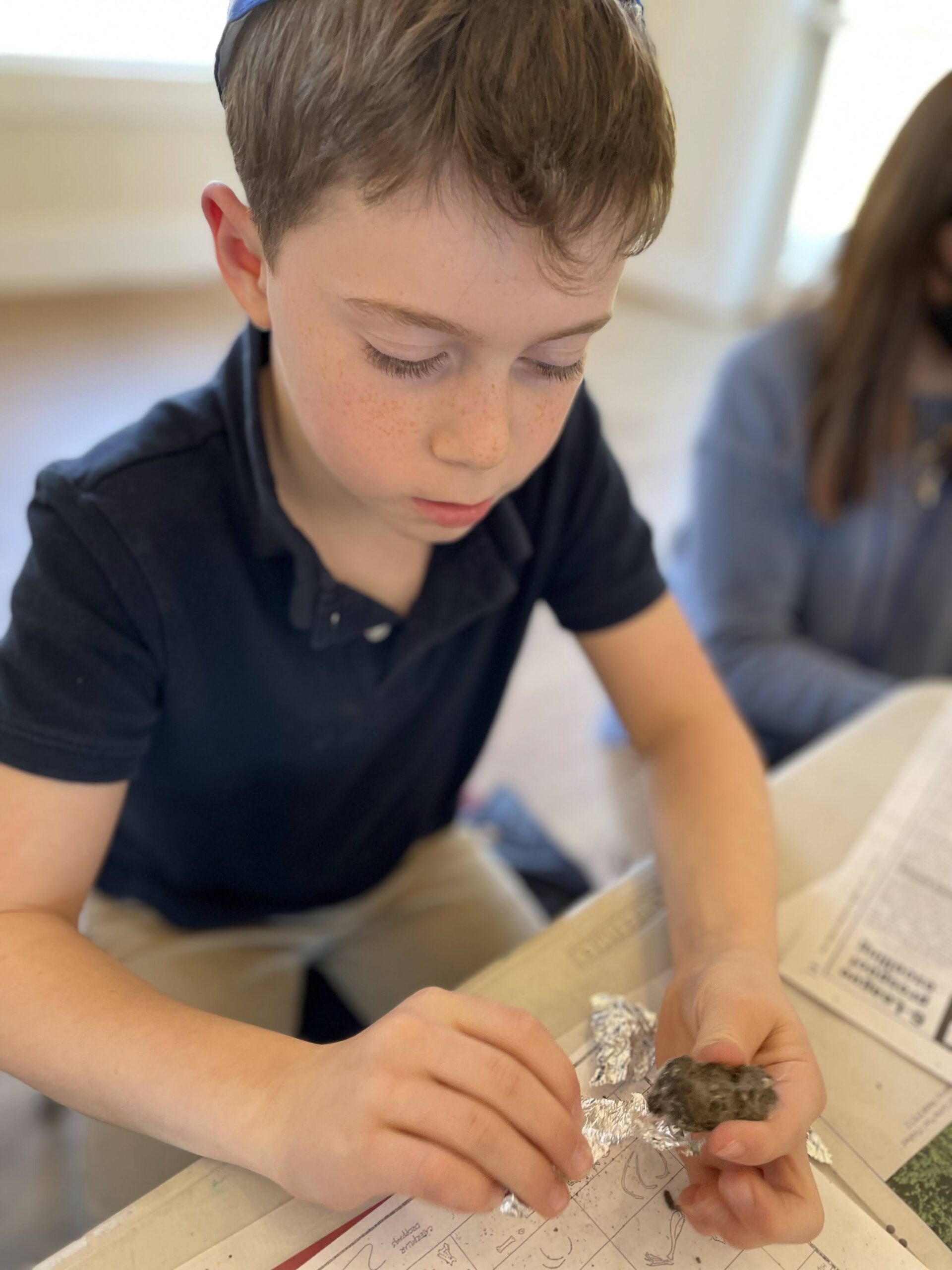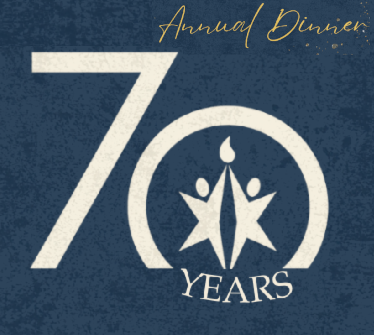
LOWER SCHOOL
Science
At this stage, science is about asking questions about the world around us. Through active exploration and investigation, students learn the “scientific method” as they make predictions and work in teams to plan, test, measure, record and explain the outcomes of experiments. Blending disciplinary ideas and cross-cutting concepts inspire students to be energized by scientific phenomena.

Curricular Goals
Grade 1
Science in first grade encompasses 3 major units of study—the human body, weather, and the Long Island Sound. While learning skills needed for scientific inquiry including making observations, organizing data, thinking analytically, and developing problem solving skills, the children explore topics through hands-on activities, experiments, research, and video data. They learn about science safety rules in the classroom and acquire a growing foundation of science vocabulary through reading non-fiction text and hands-on experiments.
Grade 2
Building upon prior scientific knowledge, second graders delve into 3 major units of study – Weather Tools, Owls, and Life Cycles. In the Weather Tools unit, each student becomes a mini-meteorologist. They learn what a meteorologist is, where weather comes from, how to predict and measure weather, and even make their very own weather tools (thermometer, snow stick, rain gauge, and anemometer). The second unit of study is Owls, which challenges students to study the characteristics and unique adaptations these birds of prey have. Students dissect owl pellets in a hands-on investigation of what an owl eats. Our final unit of study is Life Cycles, in which students explore the life cycles of different plants and animals – from frogs and butterflies to pumpkins and flowers.
Grade 3
Third graders enjoy immersing themselves in scientific facts! As children engage with new knowledge, they strengthen their reading fluency and comprehension skills through expansive vocabulary acquisition. Through deep exploration of 2 major units of study – The Solar System and Animal Research, students learn how to integrate information across multiple disciplines. Students learn how to use a WebQuest, integrate quick outlines and paragraph writing and even study science vocabulary in Hebrew! In the Solar System unit, students study why conditions on planets vary depending on the location of the sun incorporating strategies of textual evidence, compare and contrast, and project-based learning activities. The Animal Research unit challenges students to study the life, habitat and characteristics of animals culminating in a research project and presentation.
Grade 4
Fourth grade science is an inquiry based experience highlighting 3 major units – Fingerprinting, Magnetism and Electricity, and The Human Body. As students delve into mysteries, they use forensics to hone their science and laboratory skills by studying different types of fingerprints, analyzing different fingerprint types and delve into rubbings, mirrors and chromatography. The Energy and Electromagnetism Module introduces or reinforces concepts in physical science dealing with energy and change. Students experience electricity and magnetism as related effects and learn useful applications of electromagnetism in everyday life. The 5 investigations include: Energy and Circuits, Series and Parallel, The Force of Magnetism, Electromagnets and Light Insight. The Human Body unit encourages students to learn the ins and outs of anatomy, physiology and beyond by investigating human body systems, how they work together and the link between health and nutrition.







